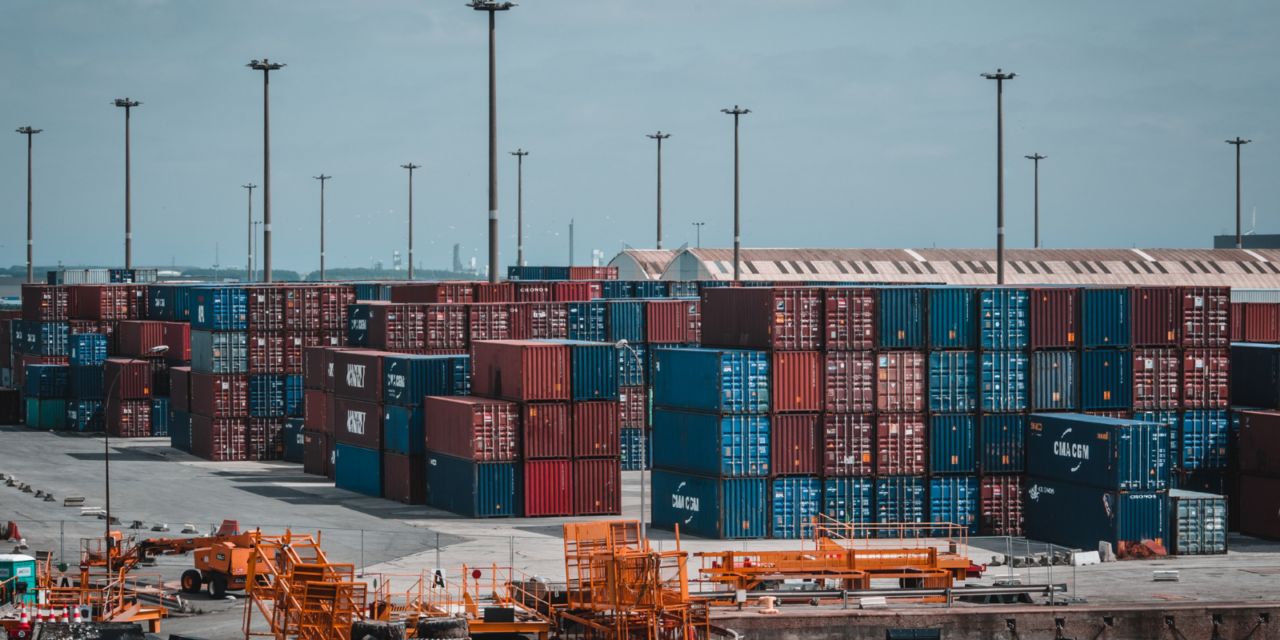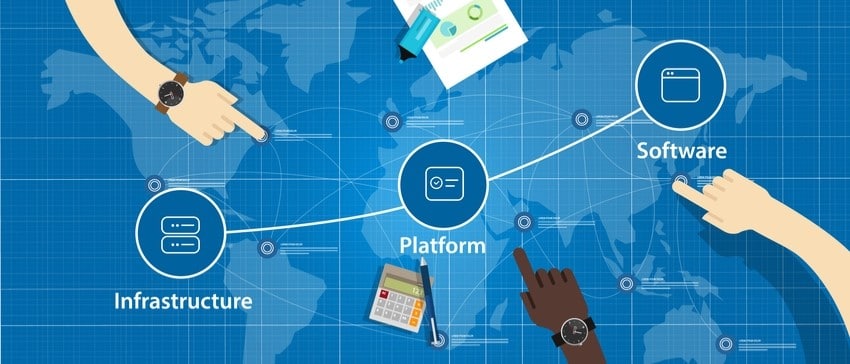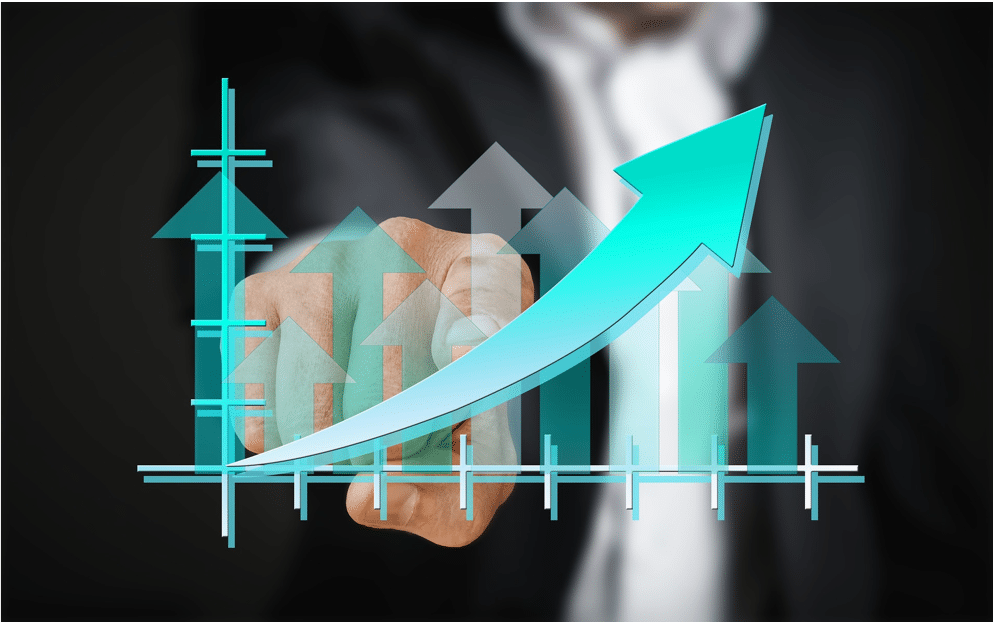Estimated reading time: 4 minutes
• The global development goals have highlighted the changing role of sustainability. The GDPs seek to ensure that individuals, organizations, and institutions follow the set regulations in protecting and safeguarding the sustainability of future generations.
• A special part of global sustainability is new regulations that control industrial and institutional operations and limit the damage to communities. The EU Just and Sustainable Economy is a new directive. This regulation protects and safeguards communities against human rights violations caused by supply chain operations.
In recognition of fundamental human rights and conformity to sustainability requirements, the EU Just and Sustainable Economy Directive require that organizations identify new complaint procedures. In addition, organizations must provide public reporting on compliance and report due diligence.
Under this directive, administrative officials appointed by the European Union will be required to supervise the enforcement and implementation of this new directive. Appointed officials will enforce fines, and victims will automatically pursue legal actions for losses caused by unsustainable sourcing and procurement practices.
The EU Just and Sustainable Economy Directive is a primary highlight in the global supply chain. Other than laying a foundation for sustainability and human rights in global supply chains, this policy sets enforcement actions, communication protocols, and legal enforcement.
The EU further demands organizations with a minimum of five-hundred employees and a turnover rate of £150 million to enforce this policy. Organizations operating in high-impact areas and with more than two hundred and fifty employees will also be required to do due diligence on supply chain sustainability. Other non-EU organizations whose turnover is generated in the EU will be required to comply.
Supply Chain Visibility
One of the ways that organizations can prepare for emerging supply chain regulations is by gaining greater visibility into supply chain processes. The new regulations will require businesses to adopt more sustainable and strategic sourcing practices. In addition, organizations will be required to scrutinize supply chains, including third-party suppliers who’re likely to be overlooked in the due diligence process.
Strategic Management
The new regulations will affect sourcing from the bottom-up. Decision-makers and business leaders will not only need to consider things like quality and cost but also sustainable sourcing, environmental sustainability, and human rights violations. Companies need to redesign their sourcing and supply chain processes to conform to emerging regulations. A key part of meeting the evolving regulatory landscape is forming strategic policies and instituting new administrative practices to meet new sourcing requirements.
Greenhouse Emission Reduction
Another special area of compliance for supply chains is transportation and carbon reduction. Organizations will need to evaluate how reliant their supply chains are on trucking, aviation, rail, and road transportation. Organizations will need to look at the level of emission released when products move down the supply chain.
For instance, transportation alone accounts for 25% of the total EU greenhouse gas emissions. The EU commission targets reducing greenhouse emissions by 90% before 2040. Organizations must look at logistics as a critical facet of supply chain compliance by instituting logistics and transportation systems with the least emissions.
Labour and Human Rights
A rising emphasis on human rights violations could significantly affect the sourcing, forcing organizations to reconsider their suppliers and third-party vendors. Increased due diligence will force many organizations to standardize labor practices across borders. Organizations and brands that rely on sweatshops for mass production will be required to re-evaluate their models and automatically adopt more sustainable sourcing practices.
Suppliers will be held to a higher labor standard than what they were previously accustomed to. In addition, suppliers will need to undergo a comprehensive risk analysis alongside developing policies, laws, and procedures to ensure compliance. Supply chain risk assessment is a critical part of ensuring compliance to emerging regulations. A comprehensive review of procurement contracts is required to ensure conformity to human rights and labor laws.
Sustainable Sourcing Strategy
No doubt changing regulations marks a new frontier for supply chain laws. With an emphasis on human rights violations and sustainability comes new frameworks and labor standards. Preparing for emerging supply chain regulations demands that organizations seek to deploy a sustainable sourcing strategy.
How you can ensure sustainable sourcing:
- Defining your organization’s commitment to respecting human rights.
- Building internal awareness and support towards sustainability.
- Communicating your standards to suppliers and communicating publicly about any due diligence
- Mapping your supply chain to identify human rights violations and pursue sustainability goals
- Adopting a risk management approach
- Assessing and evaluating supplier human rights violations
- Aligning your business practices with sustainable sourcing aims
- Monitoring and reporting on the impact of your supply chain
Preparing for emerging supply chain regulations means being proactive on compliance and due diligence requirements.
How ProcurePort Helps You Meet Changing Supply Chain Regulations
ProcurePort sourcing tools and services provide you with robust sourcing support. ProcurePort suite helps you map your supply chain by gathering information from suppliers and gaining meaningful insight. In addition, ProcurePort provides analysis and reporting with its advanced data platform. Reporting helps organizations publicly communicate their commitment to sustainable sourcing.
ProcurePort sourcing platform provides risk assessment and auditing to dig deeper into suppliers. Finally, reporting and analytic tools are critical benchmarks for ensuring compliance with evolving regulations. ProcurePort’s sourcing platform enables organizations to remain aware of new regulations and remodel their business practices to meet the changing regulatory landscape and upcoming procurement trends.
Contact ProcurePort to prepare for evolving supply chain regulations.










